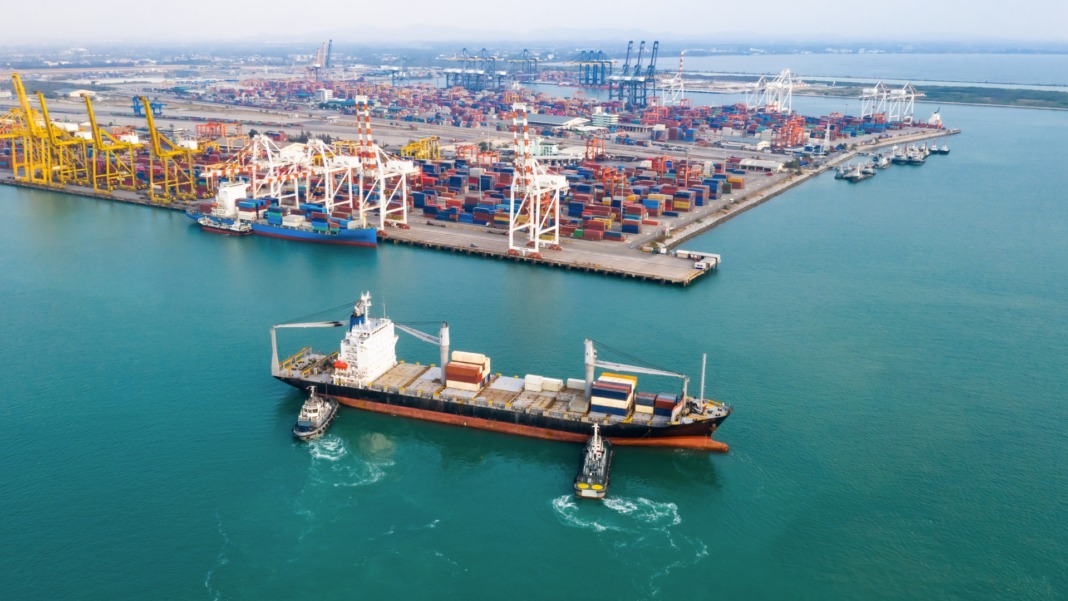The Singapore Business Federation (SBF) has welcomed the government’s formation of a National Task Force on Reciprocal Tariffs, led by the Ministry of Trade and Industry (MTI). This move comes in response to recent announcements from the United States and retaliatory actions by China, developments which have raised fresh concerns among businesses already grappling with uncertainty and disruption.
Kok Ping Soon, Chief Executive Officer of SBF, described the formation of the Task Force as both “timely and necessary” to address the “potentially detrimental impact of the tariffs”. He added that it reflected the government’s “pragmatic and calm reaction to the events of the last few days”.
The impact of tariffs on Singapore’s economy
Although Singapore is currently subject to a 10% minimum base tariff, the effects of higher tariffs imposed on other economies are expected to ripple through. According to the SBF National Business Survey, 71% of Singapore businesses have an offshore presence. Many operate in key markets such as Malaysia, Indonesia and China, which have been hit with reciprocal tariffs ranging between 24% and 34%.
Businesses that adopted a “China + 1” strategy to diversify their supply chains to Southeast Asia for the US market are now affected. Even companies not directly selling into the US or operating in the impacted regions may feel the strain. Many are intermediate suppliers within the global supply chain linked to the US market and now face rising supply chain costs, shrinking margins and reduced volumes.
Beyond direct impacts, the broader consequences of a global trade war could be significant for Singapore’s economy, which has a trade-to-GDP ratio exceeding 300%. Key sectors such as logistics, wholesale trade and financial services could suffer. Domestically focused businesses may also feel the secondary effects through weaker demand and potentially higher prices, placing further pressure on overall economic growth.
Kok highlighted that tariffs function essentially as a tax, but who bears the burden depends largely on leverage within the supply chain. He explained that the situation differs from the COVID-19 pandemic, where supply shortages pushed costs down the value chain. It remains uncertain whether manufacturers will absorb the additional costs or if they will eventually be passed on to US consumers.
Business strategies and government collaboration
In light of these challenges, Kok urged businesses to urgently assess compliance issues, supply chain risks and engagement with government authorities in their markets of operation. Companies are encouraged to reconsider their reliance on the US as a key market and explore new opportunities, particularly within regions where Singapore maintains Free Trade Agreements.
He emphasised that Singapore must seize this period of unpredictability to reinforce its commitment to free and fair trade. Strengthening economic integration with like-minded nations and reviewing intra-ASEAN non-tariff barriers could open new pathways for regional trade. Existing agreements, such as the Regional Comprehensive Economic Partnership (RCEP), should be further enhanced to deepen cooperation.
Kok stated, “During challenging times, it is critical that business and government are united.” He welcomed the inclusion of SBF in the National Task Force, alongside the Singapore National Employers Federation and the National Trades Union Congress, to help develop response strategies and support Singapore’s businesses and workers on the ground.
SBF’s initiatives to support businesses
To aid businesses in navigating these turbulent conditions, the Singapore Business Federation is launching several initiatives through its Centre for the Future of Trade and Investment (CFOTI).
A business survey to capture views on the impact of tariffs will be launched on 11 April. The results will inform the Task Force’s response strategy. On 16 April, SBF will host a briefing and workshop titled “US Reciprocal Tariffs: Make Sense, Take Action, Plan Ahead”, featuring industry practitioners from DBS, DHL, PwC and Rajah & Tann, along with representatives from MTI.
Additionally, an Export Control and Trade Compliance workshop will take place on 29 April. This session will provide businesses with insights from trade experts and Singapore Customs on navigating US export control regulations, particularly for sensitive goods such as semiconductors.
Beyond these events, CFOTI’s team of advisors is available to assist businesses directly. They offer support in assessing the impacts of tariffs across supply chains and developing mitigation strategies. These include product pricing adjustments, market diversification, identifying alternative manufacturing hubs and planning for long-term supply chain resilience.





